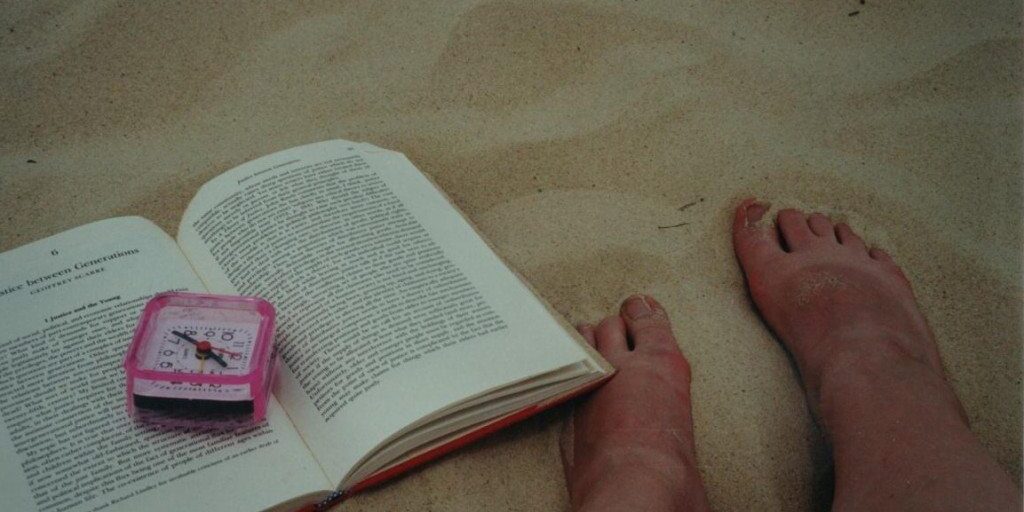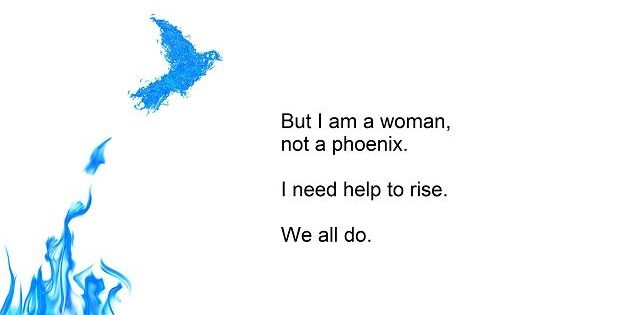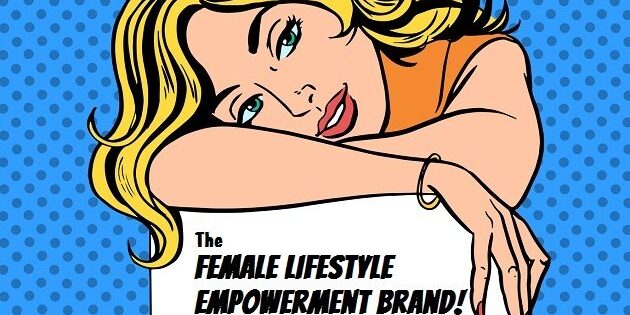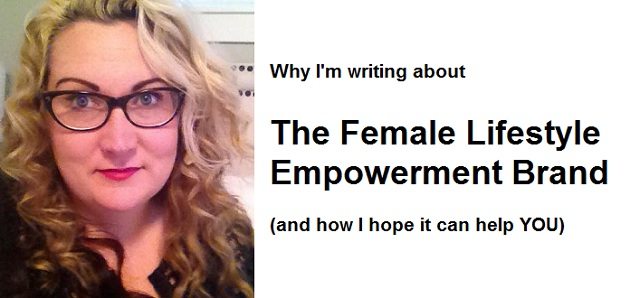
Why I’m Writing About The Female Lifestyle Empowerment Brand
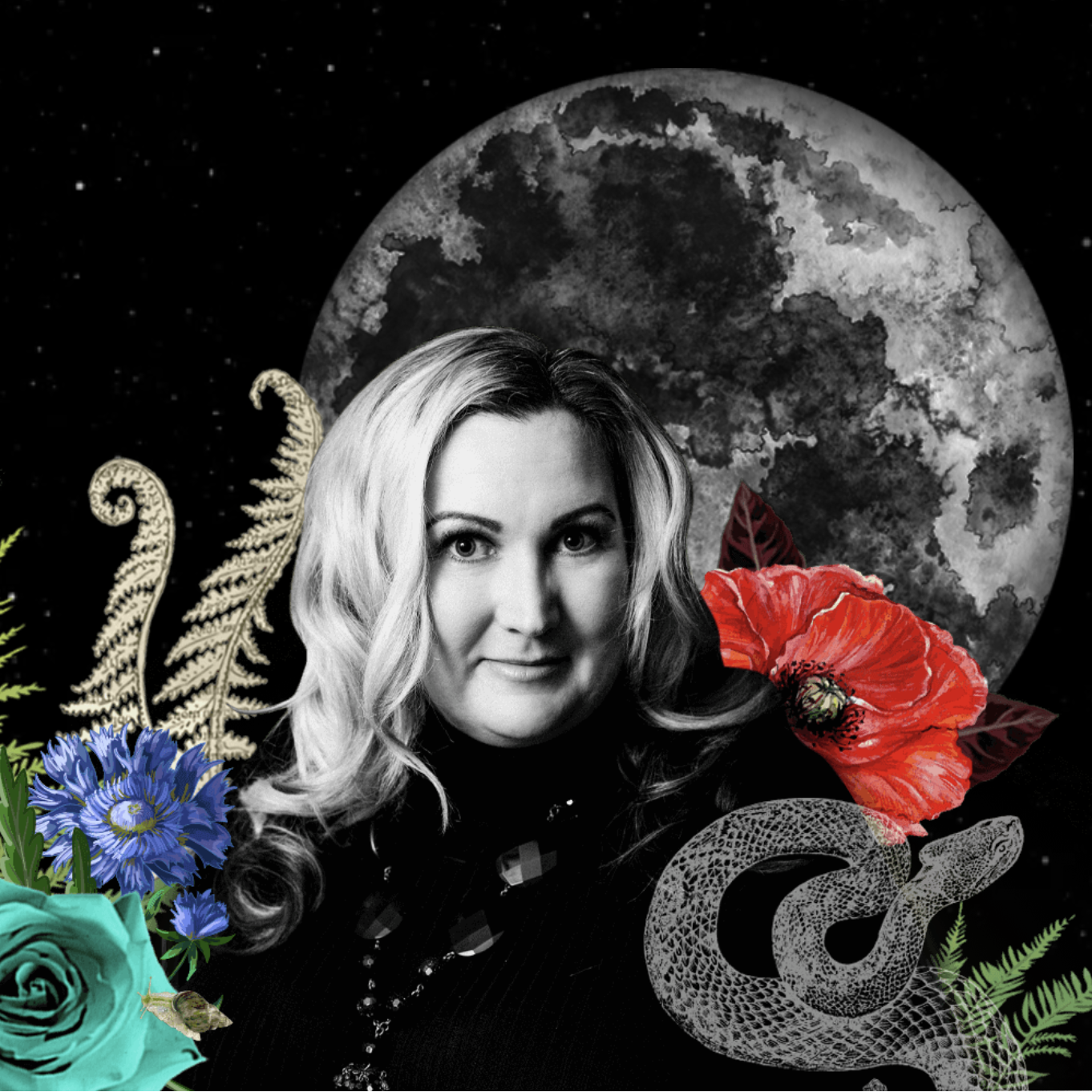
I.
This sketch is part of my series on The Female Lifestyle Empowerment Brand. (It starts here.)
The reason I’m researching and writing these essays and outlines is because I see a handful of intertwining ideologies being presented – and taught – in the form of this phenomenon. The Female Lifestyle Empowerment Brand is the latest iteration of what Betty Friedan identified as The Feminine Mystique and Naomi Wolf called The Beauty Myth. The Female Lifestyle Empowerment Brand is a marketing narrative, sure, but the reason it’s significant is because it’s offering us opportunities to buy the products, teaching and relationships that are stepping stones to achieving our culture’s new ideal of female comportment, appearance, and activity. It doesn’t just show women what they should look like, it instructs women in who they ought to be and what they ought to do.
And what we ought to look like, be and do now isn’t substantively different than any other version prescribed to women in the last 50 years – now, it’s just additive. It adds more requirements to the conventional feminine ideal. At the height of The Feminine Mystique (the post-WWII ideal), white middle class women were supposed to domestic sex goddesses and not work outside the home. (And let’s not kid ourselves: Friedan was only thinking about what it would take to empower white middle class women.) Then, after second wave feminism, more white middle class women joined the workforce – but except for the “not work outside the home” part, The Feminine Mystique remained firmly in place. Women were – and are – still mainly responsible for child-rearing, housework as well as being conventionally attractive and sexually available to their partner. If anything, as Naomi Wolf pointed out, the Beauty Myth intensified and became even more compulsory as brands and marketers maneuvered to get a larger piece of this new income in the hands of working women. (Wolf argues that the mandatory, commercial nature of the Beauty Myth isn’t even about being beautiful; it’s about purchasing fetish objects that function as social signals about our position in the hierarchy.) The demands on our time, psyche, labour and money aren’t lessening, they’re increasing. There are more of them — and not because feminism has “succeeded” but because it has only been partially implemented.
Think of it in terms of decluttering. Lots of professional clutter gurus will recommend that for every new object you bring into the home, you get rid of one. If you don’t, your house gets overwhelmed, unruly and uncomfortable. Productivity and self-help teachers will tell you to focus on your top priorities at the expense of things that aren’t essential to your success or self-actualization.
But at no point in the last fifty years has that prescription of less-to-be-more been an ordinary option available to most women. It’s never been available to any member of a marginalized group. Black people often speak about having to be twice as good to get half as far – and the statistics bear it out.
Think about it in terms of leisure. Leisure is a function of privilege. The more status and wealth you accrue, the more likely you are to be able to access leisure time. That’s why one of our success narratives is “work hard, play hard.” That’s why Tim Ferriss’ 4-hour work week struck such a cultural chord. That’s why lifestyle entrepreneurs tell us about their two months in Palm Springs followed by their two months in Europe and arrange magazine-quality photo-shoots in villas in Italy to feed to us on Facebook. They’re signalling their access to our most prized form of wealth: time and leisure. The most privileged among us may work like they’re possessed but they’re able to do that because they have staff who allow them to multiply their access to hours of labour each day. If you have even one full-time employee, you now have not 24 hours each work day available to you but 32 hours. As one writer put it: no, we don’t all have the same number of hours in the day as Beyonce. Yes, she’s working outrageously hard to look fabulous, be a terrific mother and partner, write songs and creatively engineer her ouevre, her Instagram and her business – and so is her team of eleventy-million talented, high-achieving people. (Some of whom, no doubt, work very hard to coordinate the logistics of her leisure time on yachts and beaches.)
The point: the model of womanhood available to women is more demanding than ever before, because the roles, labour and expectations of the previous models are still intact. The model just keeps getting added on to. The point of Betty Friedan’s The Feminine Mystique, it seems to me, was to argue that a woman should be able to survey full spectrum of human experience and then select her path from amongst those roles and choices, not be compelled to perform all of them at the same time.
The problem is not that feminism succeeded so wildly but that it only partially succeeded. It opened one new path to us without dislodging the mandates and expectations of the previous era or securing the social and institutional supports necessary – parental leave, national daycare – to support women living multi-faceted lives. And, at the same time, the norms of public culture – workplace, government – remained masculine in nature and practice. Women’s lives and conventionally feminine conditioning and responsibilities were poured into these norms and found that they couldn’t fit. In order to fit, they had to either downplay their feminine qualities or exaggerate them. Tara Sophia Mohr, for example, is the the author of Playing Big and she teaches women how to consciously evaluate their speech patterns to see if some of them undermine our authority in professional settings. But what she’s found is that women in very male-dominated professions have consciously adopted self-effacing, “feminine” speech patterns because if they don’t, they’re perceived as aggressive. So sometimes we have to sheer off conventionally feminine qualities to be perceived as competent; other times we have to play up feminine qualities to be perceived as competent. In both cases, your feminine body marks you as not competent – in other words, not male – and your task is to disprove those expectations.
Which is why women are overwhelmed, exhausted and distressed. There are material reasons for it. It’s not just in our heads and can’t be solved in isolation or one person at a time.
But that’s what I see The Female Lifestyle Empowerment Brand doing. It’s a live-action demonstration of what we ought to be and the purveyors of it – the women who embody it in both appearance and bank balance – teach us how to alleviate the distresses of our externally-driven role conflicts only from the inside out. The New York Times recently ran a piece encouraging therapists to talk politics with their patients, because sometimes – a lot of the time – what people are dealing with aren’t internal demons at all but external, systemic, political problems. Naming it helps you navigate it. I wish that our women leaders in the self-development, spiritual and success spaces would acknowledge that, too. It would be an incredible act of service to the people they care about. Instead, they teach us how to internally reframe, think positive and eliminate internal blocks to succeeding as your own version of The Female Lifestyle Empowerment Brand. (And one of the double-edge swords of social media and our constricting economy is that you don’t even have to have a business to require a personal brand. It’s necessary to cultivate a personal brand, the career doyennes tell us, to succeed as an employee, too.) They don’t engage with the material and political realities driving the distress they’re trying to help us alleviate. They don’t give us the lenses and tools we need to identify, resist and combat these pressures, collectively. They don’t even help us to identify that we are not the problem.
1) Knowing that I am not the problem is massively liberating. It frees me of shame and a pervasive sense of inadequacy and failure.
2) It’s from that position that I can then actually integrate the masteries taught by The Female Lifestyle Empowerment Brand and transform them into rocket fuel.
3) It’s from that position that I can start to work collectively and materially start to change things – not just for myself, individually, but collectively and systemically.
That is empowerment. Empowerment is both individual and collective. But inhabiting that position is only possible because I have feminist/social justice lenses and tools – but I don’t get those tools from The Female Lifestyle Empowerment Brands even thought it uses the language of feminism, social justice and activism and explicitly purports to engage in the feminist project of empowering me.
And the reason I don’t get that from them is not because I think they’re trying, by design, to prevent collective action or true empowerment but because nearly all of them are starting from an uncritically post-feminist position.
II.
Some segments of the womanosphere that I’m most attracted to, the Divine Femininity community, are actually espousing arguments and taking stance in the world that is not just post-feminist but anti-feminist.
Although I’m skeptical of the notion that we have gendered ‘essences’ or that gender is binary, I’m personally attracted to work around revaluing what are conventionally identified as feminine characteristics. And even while I dig this kind of work and many of its leaders, I’m also deeply distressed by an anti-feminist pattern I see in some segments of the Divine Feminine community – even in the work of people I personally like and admire.
And again, for the most part, I don’t think it’s always or even most a conscious decision or design. I think most people would be surprised to and distressed to learn that the ideas underlying their practices have an anti-feminist pedigree and anti-feminist consequences (I have a piece coming out on Quartz any day now that traces this anti-feminist genealogy but what I can say right now is this: predators, pick up artists and patriarchs, oh my!).
So that’s part of why I’m writing this. I want to encourage The Female Lifestyle Empowerment Brand leaders – the ones who working to empower women – to critically evaluate their teachers and the ideas and philosophies they’ve adopted from them. Because truly, I don’t believe that you’re aiming to parallel or advance an anti-feminist agenda. I also believe your work would have even more impact with the women you serve and the world if you liberated your practices and teachings from that framework.
The other part of why I’m writing this series is because I want to help develop a set of lenses and tools that women seeking empowerment and self-improvement can use to discern whether this philosophy, this practice, this teacher, and this coach deserves to be in your life, in your head, and in your pocket book.
Self-help and coaching are intimate practices and relationships. Your discernment and kind boundaries are essential to keeping these relationships healthy, functional and flourishing.
To help all of us do that, individually and collectively, I’m seeking to
- Reduce the stress¹ felt by women experiencing socially, systemically-driven role conflict by making it clear that it’s not you, it’s the world you’re living in. It’s the world that has to change.
- Help women who are seeking to reduce this stress and self-actualize to access lenses, tools and resources² with which they can carefully evaluate the self-help and coaching solutions being offered to them.
- Work in community with other people and groups to deconstruct the superwoman role that is draining us of our power rather than empowering us.
- Work collectively to disrupt the white, masculine norms animating our workplace, government and social institutions.
And each of these line items requires that we name the phenomenon.
I’m not trying to trash women or destroy their practices and livelihoods. I’m not trying to isolate them and call them out. I’m trying to connect the dots and call all of us in – and develop some discernment practices to get some distance from objectifying and dehumanizing marketing messages that, distressingly, are coming from people you admire and trust. I’m hoping these tools, practices and filters will help you discern and decide who deserves to be invited into your head, heart, life and wallet.
xoxo
1 and 2: This is actually drawn from a harm-prevention model proposed by Martin Bloom (Primary Prevention Practices) that, in turn, is based on the work of George Albee. It was a conversation with genius supercommunicator Dyana Valentine that landed me here.


